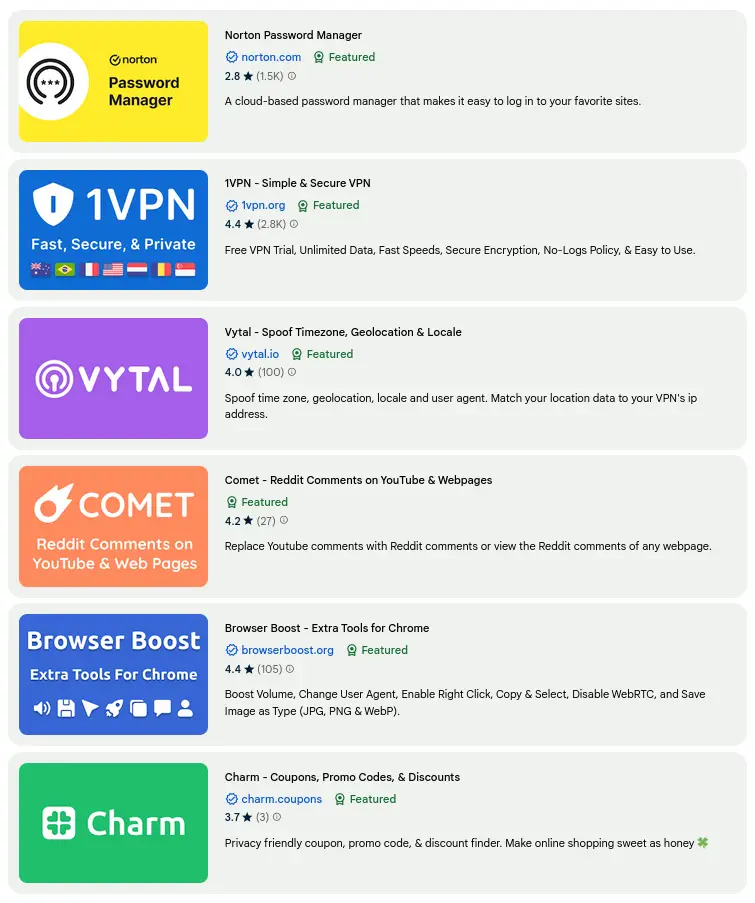
A U.S. federal court has denied Google’s motion to dismiss a class-action lawsuit alleging privacy violations involving users who opted out of internet and app activity tracking.
The lawsuit centers on Web & App Activity (WAA) settings, which govern the collection of data related to web activity and app usage. The lead plaintiff represents two groups of users—Android device owners and other individuals who opted out of tracking. The judge noted that while WAA is marketed as a privacy control tool, its functionality still involves collecting data on users’ actions, locations, and devices.
Google argues that WAA enhances user experience by enabling faster search results and personalized recommendations. However, an additional setting, Site-Wide App Activity (sWAA), tied to Chrome history and interactions on websites using Google services, can only be activated when WAA is enabled.
According to court documents, even when WAA and sWAA are disabled, data is still transmitted to app developers via the Google Analytics for Firebase (GA4F) platform. This analytics tool, integrated into 60% of popular apps, automatically sends user interaction data related to advertising. Google processes this data and provides developers with reports on app usage.
The plaintiffs accuse Google of violating California privacy laws, alleging that the company unlawfully exploited their data, causing harm. They also claim that Google profited from the improper use of this data.
The judge rejected Google’s assertion that its data collection practices comply with legal and user agreement standards. The court found Google’s explanations ambiguous, potentially misleading users about the nature of the data being collected.
Google contends that the data is collected anonymously and used solely for analytics, without contributing to personalized advertising. However, the plaintiffs argue that the company’s practices contradict its stated policies, asserting that the data could be employed to build advertising profiles.
The court will now determine whether the collected data qualifies as personal information under California law. The judge stated that the legality of Google’s data collection methods will be decided by a jury, as the evidence raises doubts about the lawfulness of these practices. A jury trial is scheduled for August 2025 in the San Francisco District Court.
Google maintains that the plaintiffs’ allegations are based on a misunderstanding of the company’s products and intends to continue its defense in court.


